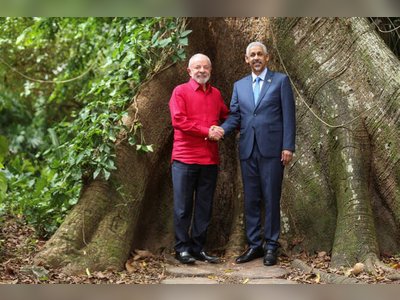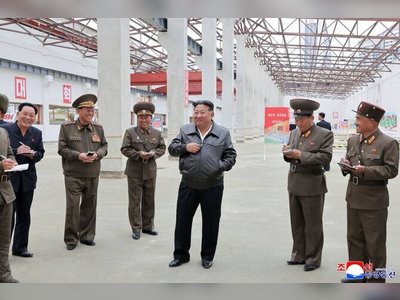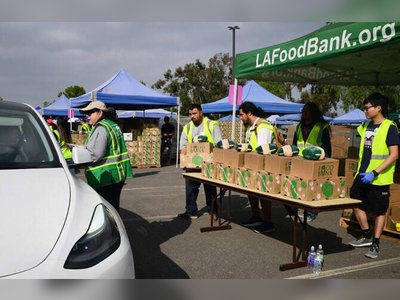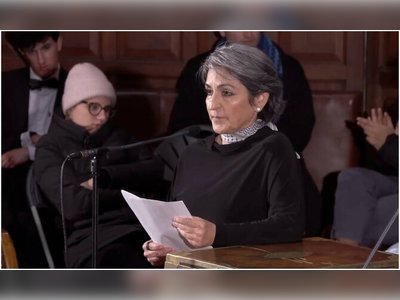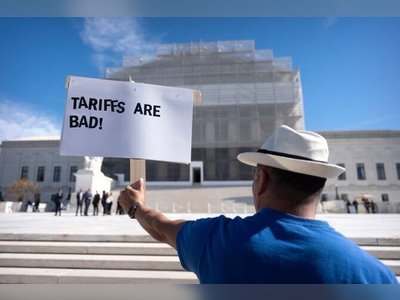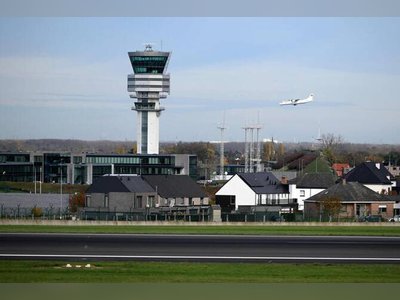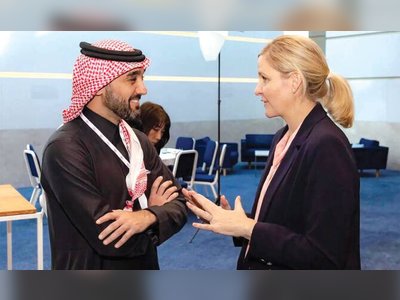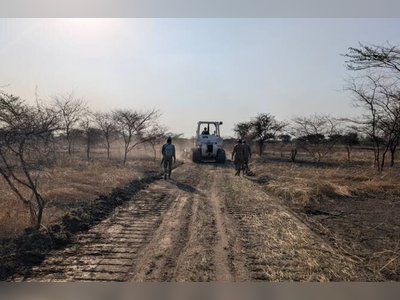
Tanzanian Election Found Non-compliant with AU Standards by Observers
African Union observers have released an initial report stating that Tanzania's recent elections failed to meet key democratic standards, citing multiple incidents of electoral irregularities.
NAIROBI, Kenya: The integrity of Tanzania’s recently concluded elections has been called into question by African Union (AU) election observers.
According to their initial findings, the 2025 Tanzanian General Elections did not adhere to AU principles and international democratic election standards.
The report highlighted several incidents of electoral misconduct, including ballot stuffing at multiple polling stations.
President Samia Suluhu Hassan was reported to have won the October 29 poll with a significant majority of 98 percent of the vote, as announced by the national electoral commission.
However, opposition parties, which were prohibited from participating in the elections, dismissed the process as a 'sham'.
The election day saw widespread violent protests across Tanzania, leading to a complete internet blackout and transportation shutdown imposed by the government.
The opposition claims that security forces were responsible for hundreds of deaths during these disturbances, though verifying this information remains challenging due to varying restrictions.
AU Election Observation Mission's Observations
The AU dispatched observers to monitor the elections, who reported witnessing several irregularities.
One such incident was voters being issued multiple ballots without proper identification verification against the voter registry.
Furthermore, the observers noted their limited ability to monitor the vote counting process, which they deemed to have restricted transparency.
In some polling stations, observers were only permitted to observe voting activities for just five minutes.
The mission also documented violent protests, gunfire, road closures, and instances of burning tires in various regions, including Dar es Salaam, Mbeya, Mwanza, Kagera, Dodoma, Kigoma, Tebora, Buhungwa, Singinda, and others.
In response to these findings, the AU has called on Tanzania to prioritize electoral and political reforms that address the underlying issues affecting its democratic processes.
On Monday, prior to the release of the AU's findings, another group of African poll observers published an initial report indicating that Tanzanians were unable to freely express their democratic preferences due to factors such as the exclusion of opposition candidates from participation, censorship, intimidation, and signs of electoral fraud on election day.
According to their initial findings, the 2025 Tanzanian General Elections did not adhere to AU principles and international democratic election standards.
The report highlighted several incidents of electoral misconduct, including ballot stuffing at multiple polling stations.
President Samia Suluhu Hassan was reported to have won the October 29 poll with a significant majority of 98 percent of the vote, as announced by the national electoral commission.
However, opposition parties, which were prohibited from participating in the elections, dismissed the process as a 'sham'.
The election day saw widespread violent protests across Tanzania, leading to a complete internet blackout and transportation shutdown imposed by the government.
The opposition claims that security forces were responsible for hundreds of deaths during these disturbances, though verifying this information remains challenging due to varying restrictions.
AU Election Observation Mission's Observations
The AU dispatched observers to monitor the elections, who reported witnessing several irregularities.
One such incident was voters being issued multiple ballots without proper identification verification against the voter registry.
Furthermore, the observers noted their limited ability to monitor the vote counting process, which they deemed to have restricted transparency.
In some polling stations, observers were only permitted to observe voting activities for just five minutes.
The mission also documented violent protests, gunfire, road closures, and instances of burning tires in various regions, including Dar es Salaam, Mbeya, Mwanza, Kagera, Dodoma, Kigoma, Tebora, Buhungwa, Singinda, and others.
In response to these findings, the AU has called on Tanzania to prioritize electoral and political reforms that address the underlying issues affecting its democratic processes.
On Monday, prior to the release of the AU's findings, another group of African poll observers published an initial report indicating that Tanzanians were unable to freely express their democratic preferences due to factors such as the exclusion of opposition candidates from participation, censorship, intimidation, and signs of electoral fraud on election day.
